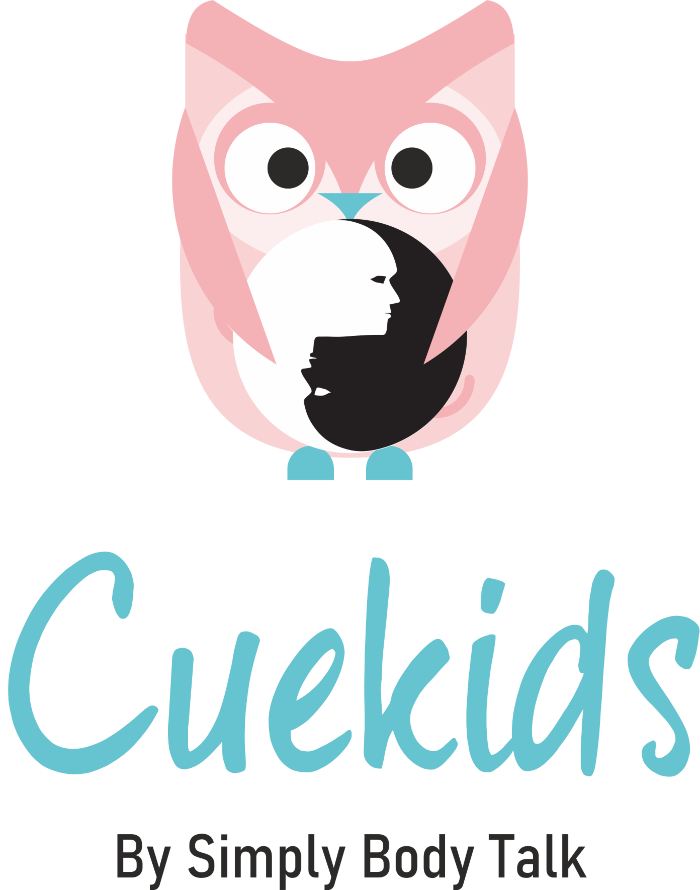What is Cultural Intelligence?
Cultural Intelligence, also known as Cultural Quotient (CQ), is very similar and related to Emotional Intelligence or Emotional Quotient (EQ). We are all well aware of EQ and the important role it plays in our lives. CQ picks up where EQ leaves off. Someone with a high emotional quotient will be able to understand their own emotions as well as those of others. In a room full of people, someone with a high emotional quotient will be able to gauge some understanding about the emotional state of others by simply observing their facial expressions, their body language, and perhaps the way they are communicating with one another. (To understand how this happens, you can also read our latest article on children’s emotional vocabulary). Such is the case with cultural intelligence. A high CQ enables us to understand what traits, qualities, and behaviors are innate to us and which are driven largely by our culture.
Why is Cultural Intelligence important for children?
Providing children with the correct tools and learning at an early age enhances their ability to become confident, open-minded, and flexible adults in the future. Building cultural intelligence in children not only develops sensitivity and openness to new experiences in them, but also allows them to grow up and form healthy and peaceful relationships with people. Moreover, cultural intelligence has also been linked with high levels of willingness to learn new things and engage in novel activities. Children tend to become more equipped at handling challenges and facing adversities in life. Furthermore, studies have shown that there is a positive correlation between cultural intelligence and social skills. Children’s social skills improve largely when there is an increase in their cultural quotient.
Activities you can do with your kids to make them culturally aware:
You can boost your child’s cultural intelligence by following these few tips and tricks:
-
Research:
It does not matter if the trip is international or one within the country. Before traveling with your children, make sure to get them to research the place. Children tend to become more excited and eager when they are given the responsibility to decide what places to visit on the holiday. You can use this opportunity to get them to read and learn about different places and their culture. When on the trip, they can make a travel journal/diary wherein they note down all the unique elements they experience throughout the journey.
-
Experimentation:
Get out of your comfort zone. Whether traveling or not, keep experimenting with different cuisines, languages and styles. Do not keep picking your favorite restaurants and eat food from places that you love. Experience new cuisines. This will enhance the taste buds of your children, and if on a vacation, it will help them get a true glimpse of the culture. Nothing tells us better about a culture than its food.
-
Break your stereotype:
Children inherit stereotypes from their caregivers. They learn what they observe. Therefore, before instilling a broader viewpoint in children, you yourself will need to adapt to an open-minded approach. Interact with the locals of the place you’re traveling to. Refrain yourself from basing your idea or knowledge about the culture on just one interaction or by watching one video or movie. Expand your knowledge base and curiosity, and encourage children to come forward and ask as many questions as they can about the culture.
-
Practice:
Once in a while, get children to engage in actions and behaviors that are different from their own cultural background. Make them listen to music that belongs to a different genre, watch a movie that is of a different language, or dress up in clothing that belongs to a different culture. This will provide the children with a first-hand experience of different cultures.
-
Seek professional help :
As parents, working on the holistic development of your child, single-handedly, can get overwhelming. We are constantly worried about whether what we are teaching is correct or even enough. In order to ease our misery, one can always seek professional help.
Enroll your kids in courses that help them develop healthier emotions, empathy and gain correct and vast information about different cultures. Let the experts in the field do the work
Know more about our Cultural Navigator Course for Kids






[…] on Eclass is not culture-bound. We make sure that kids from any cultural background and any country can benefit from the content […]
[…] social and cultural differences in prosocial activity patterns indicate a sense of kindness, caring, and sharing toys […]